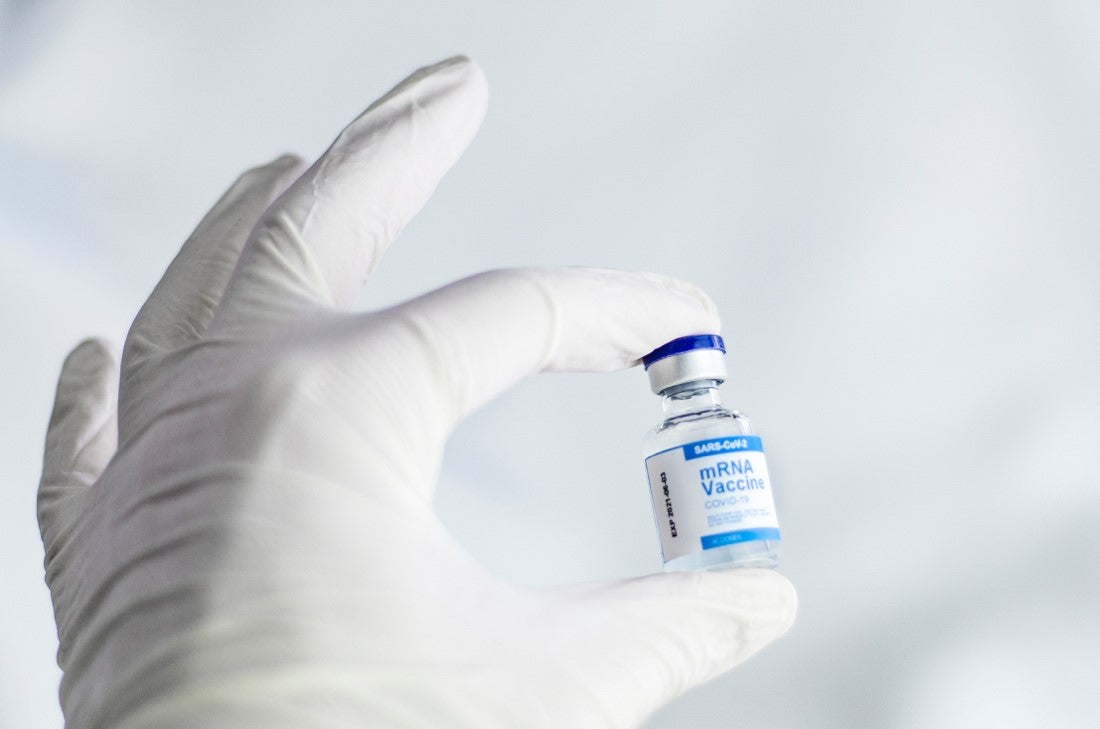In recent news, the headlines are highlighting the concerns associated with the Delta Variant, a new strain of the novel coronavirus. This new strain is said to have originated in India and is especially concerning to the public because it's highly contagious. The World Health Organization (WHO) and other major government health entities are actively tracking the Delta Variant and informing the public daily with relevant information. What is known about this strain of the virus is that Delta Variant is affecting 96 countries with varying levels of infected persons and severity.
As of July 22, nearly 80% of UC Davis Health patients who tested positive for COVID-19 had the Delta variant. According to the CDC during the same week, the Delta variant accounted for more than 80% of new cases in the U.S. Health experts say it's typical for a new strain of a virus to be more contagious because it often becomes much more efficient and easily transmitted. - UC Davis Website
Because many countries are experiencing different degrees of pandemic outbreaks, the guidance for protection is still geared towards prevention. Many people are under the misconception that vaccination protects them from this new variant.
Coming out of lockdown, there was a significant increase in public gatherings, leading to a surge in confirmed cases and hospitalizations. Health experts know for sure that going out unprotected is a significant contributor to the spread of the Delta Variant. In addition to increases in socialization, other relaxed protection behaviors contribute to the surge in virus numbers. They include:
- Non-vaccination
- Infrequent handwashing
- Going out into the public without mouth and nose protection
- Inappropriate social gatherings
- Non-adherence to safety measures
We also know that those who are unvaccinated appear to become much more severely affected.
Nationally, 97% of patients hospitalized with COVID-19 are unvaccinated as of July 22. Vaccines are highly effective at preventing COVID-19 infection and are also effective in fighting against the Delta variant.
In California and across the U.S., data shows that areas with lower vaccination rates tend to have higher COVID-19 infection rates. Health experts urge that COVID-19 vaccines work to prevent severe disease, which may be fatal. - UCD Davis Website
Delta Variant Symptoms
Health experts say the symptoms of the delta variant are the same as the original version of COVID-19, with two major distinctions:
- Younger people are getting sick.
- The Delta Variant makes you sicker and more quickly.
“The amount of time you need to be exposed to someone who has the Delta variant is much less than what it was with that ancestral strain,” says epidemiologist Russell Griffin of the University of Alabama, Birmingham (UAB) - Excerpt from Science Magazine
Vaccinated individuals are often asymptomatic or have very mild symptoms. Unfortunately, this factor increases transmission because of relaxed protection in areas with more people.
It’s not surprising that, at the time they’re diagnosed, fully vaccinated people might carry a large nasal load of a variant that’s known to replicate rapidly, says Sixto Leal, who directs medical microbiology at UAB hospitals. That’s because although vaccines are excellent at generating blood-borne antibodies, they are not as good at generating a form of antibody that occupies the lining of the nose and throat. “There’s a window of time when fast-replicating virus can enter [the cells lining the nose], replicate like crazy in a very high amount, and [cause] symptoms,” Leal says – Excerpt from Science Magazine
Original Covid-19 Symptoms
According to the CDC, coronavirus (COVID-19) symptoms tend to present 2-14 days following exposure to the virus. Many of the symptoms are the same as the common cold; therefore getting testing is recommended.
- fever or chills
- dry coughs
- shortness of breath associated with respiratory illness
- muscle pain or body aches
- headache
- new loss of taste or smell
- sore throat
- diarrhea
- fatigue
- nausea or vomiting
How to Lessen Your Risk for Contracting Delta Variant
Personal protection is one of the best ways to limit your risk to both the COVID-19 virus and the new strain, Delta Variant. Wearing a mask in places where many people gather is recommended. This, paired with limited social interaction, good hygiene (handwashing), and vaccinations, will help minimize transmission. Also, testing early once you realize you have symptoms is a good idea.
95% of the people in the United States wore masks, and their model predicts 49,000 of those lives would be saved. Americans, including young and healthy people, should not underestimate this variant, warns Ali Mokdad, an IHME epidemiologist. “Delta is a nasty one,” he says. - Excerpt from Science Magazine
Where to Get Your Vaccine
Many local hospitals, drug stores, and local pharmacies are administering the original COVID-19 vaccine. This vaccine is significant in that it can lessen the severity of the Delta Variant if contracted.
As a partner in the scientific community, K2 proudly offers laboratory-grade refrigeration specific to storing vaccines such as COVID-19. For more information and updates relating to the novel Coronavirus and the newer Delta Variant Strain, visit the CDC.
